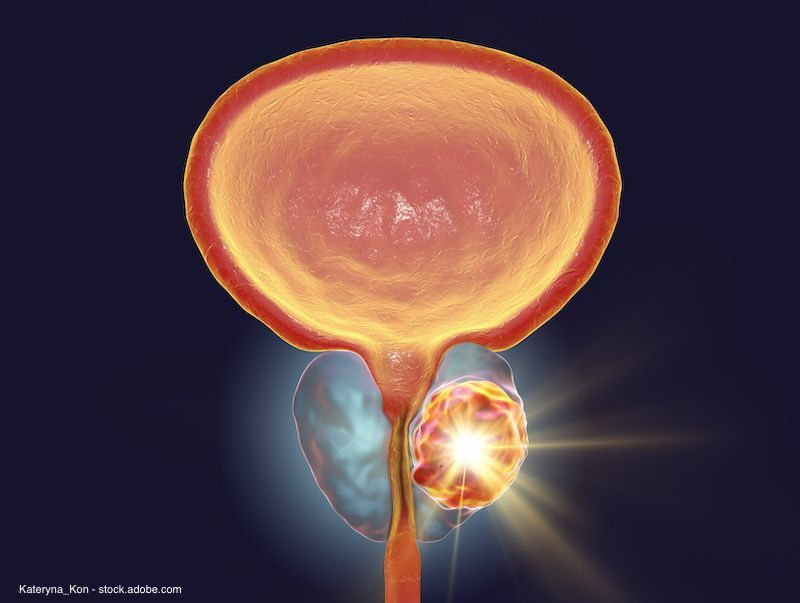madman
Super Moderator

Impact of raising testosterone levels in men after radical prostatectomy
Investigators found that about one-fourth of men who underwent the “testosterone challenge” had a rise in PSA level.
A “testosterone challenge” approach appears to allow for early detection of prostate cancer recurrence in men with low testosterone after radical prostatectomy (RP), according to a study presented at the 2021 Sexual Medicine Society of North America Fall Scientific Meeting.1
The investigators found that 5 of 22 men who underwent the challenge had a rise in prostate-specific antigen (PSA) level following testosterone therapy.
Given that PSA secretion is testosterone-dependent, the investigators sought to raise testosterone levels in men who had undergone RP and analyze the effects. This would determine whether low testosterone levels in this group of men were factors in producing artificial, undetectable PSA levels.
Twenty-two patients were evaluated, including men who underwent RP with an undetectable PSA level and a total testosterone level of less than 200 ng/dL. Mean preoperative PSA among this population was 6.2 ng/mL, mean post-RP total testosterone value was 140 ± 35 ng/dL 2.2, median Gleason sum (GS) was 7 (23% had a GS of greater than or equal to 8), mean post-RP pre-challenge testosterone value was 140 ± 35 ng/dL, and mean time from RP to testosterone challenge initiation was 7 ± 9 months.
Over the course of this study, patients underwent an in-office intramuscular injection of 100 mg of testosterone cypionate and were then checked for PSA level after 5 days. PSA level had to be undetectable every month following the testosterone challenge in order for patients to get another injection at 3 months and every 6 months after that. Follow-up occurred at least 24 months after initiating testosterone therapy. The mean TT value 5 days after starting the testosterone challenge was 640 ± 220 ng/dL, and all patients at this point had TT levels above 400 ng/dL.
The investigators found that 5 out of 22 men experienced an elevated PSA level after the testosterone injection, 2 of whom experienced immediate rises in PSA.
All other men in this study started testosterone therapy immediately and experienced PSA elevation at 9, 14, and 22 months after initial injection (PSA values 0.08 ng/mL, 0.12 ng/mL, and 0.11 ng/mL). Patients who had PSA elevation demonstrated a continual rise in PSA level and had detectable disease on imaging. Those who had PSA recurrence had either GS 7 with unfavorable pathology (2/22) or GS of at least 8 (3/22).
“This T challenge approach permits the early detection of prostate cancer recurrence permitting early intervention. About 10% of such men had a PSA rise immediately after T challenge,” concluded first author Jose Miguel Flores Martinez, MD, Memorial Sloan Kettering Cancer Center, and his coinvestigators.
















